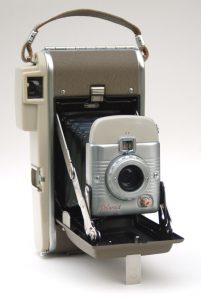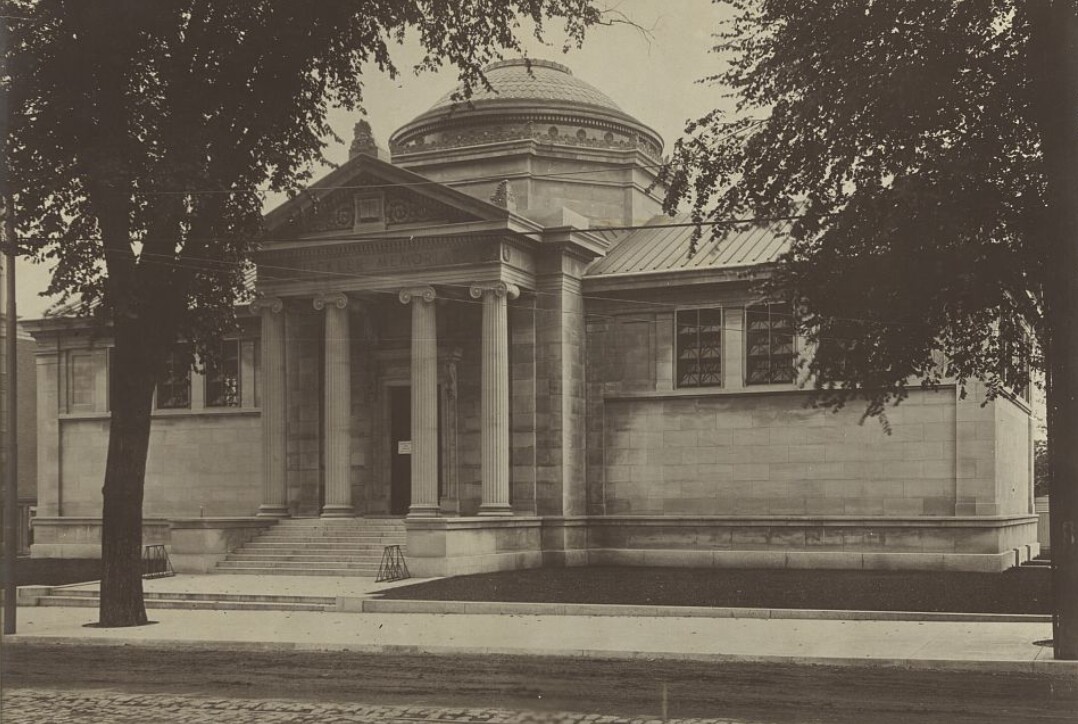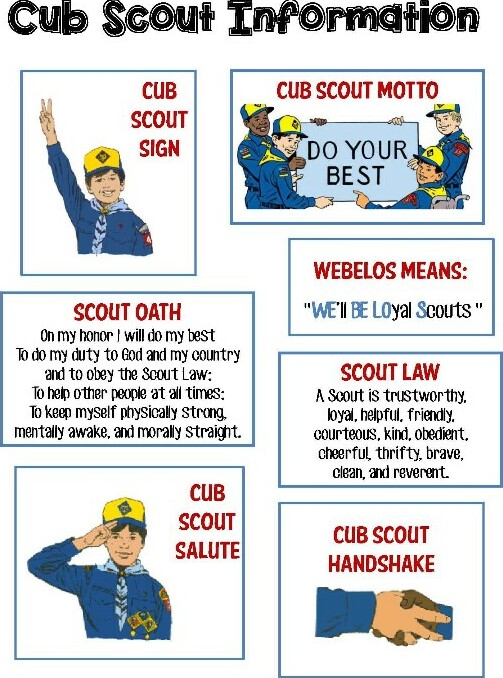But first let me tell you about some other things that happened at the first Foodland I worked at.
The three chain owners and their wives, sometimes just the wives, stop by occasionally on a Sunday to watch the money roll in. Perhaps one of the wives has read tips on “how to reach your customers” in a business magazine, for she has decided the store needs a suggestion box, and it should be where the checkout lines form. After the box is installed for a week, the wives are eager to learn what their customers think would make for a better Foodland. When the instigating wife opens the box, there’s not much inside, but the first thing she pulls out is a torn-out page of notebook paper upon which is scrawled “THIS STORE SUCKS”. The woman has probably lived a life free of criticism or adversity, she is genuinely hurt . She worries aloud, “What’s wronggg with our stoooore? What’s wronggg with our stoooore?”, and seems ready to start a witch hunt among the employees until her husband settles her down. Shortly thereafter, the box is gone.
As bookkeeper, I’m in charge when the regular management is off. I have an arrangement with the manager of the movie house across the street. I let him place a placard for his latest movie in the store window; he gives me free movie passes. He talks me into loosely putting a bumper sticker for the latest movie on my car. He takes a photo so his management can know he’s on the ball, then unsticks it. The process feels oddly demeaning, and I don’t let it happen again.
One week, perhaps due to cashflow problems, the employees don’t get paychecks, instead we get vouchers that can only be cashed in the store. This is not well-explained to the butchers, who usually cash their checks at Marino’s bar across the street. Mr. Marino cashes the vouchers as though they were checks, and they all bounce. He comes into the store waving the dishonored vouchers; he’s in a rage, he thinks Foodland is broke and he’s just been burned for several hundred dollars. When I see what’s happened, I explain and he calms down. I tally up the vouchers and give him the cash; he is a happy man.
(That part about Foodland being broke may not have been too farfetched. One day I try to call home and the store phone has been disconnected. The telephone company tells me the bill hasn’t been paid for several months. I call the main office and they say there’s been some sort of a mix-up, and they take care of it.)
There is a liquor store next door. A man who’s been waiting out front for his wife beats her up because she doesn’t have enough money left over after buying the groceries.
A few days before Thanksgiving, the store is crowded with customers I have never seen before. They look needy. Each family has a $25 or $50 check from the Salvation Army. I open a checkout lane and ring some of them up. Maybe they have just come from church; I hear “God bless you” several times. They seem so sweet and grateful to be well treated and shopping in a “nice” store for a change. If you’re able to, giving to “The Sallies” is a good way to help some struggling people stay afloat.
A cashier has her brother call the office with a medical report. Me: “Hello, Foodland.” Caller: “This is Trudy’s brother. Trudy’s on the rag, she won’t be in today.”
One spring day, two cashiers on their lunch hour decide to get some sun and perch on the top rail of the parking lot fence. Some leg is shown, and one passing car runs up the back of another. Embarrassed but flattered, they jump off and scurry back inside.
After a couple of years here, the company sends me to manage the store in West New York for two weeks, while the regular manager takes vacation. The employees are nice; the town is working-class so most of the customers are nice too. When I walk into a barber shop for a haircut, the owner is jumpy; he thinks the stranger in his chair wearing a suit and tie might be a cop. As we talk, I mention why I’m in town and he relaxes. Several men enter and leave; my barber is the local bookie.
When my stint in West New York ends, the company sends me to what I’ll call Foodland II, it’s near the first one, but bigger.
The manager of Foodland II, Gabe, is old for the supermarket business; he wears nubby sweaters and looks like a turtle. He has a scam as old as cash registers: he unlocks the door for occasional shoppers who arrive before the cashiers, then tallies their order old-style, #2 pencil on a brown paper bag, making change out of his own pocket. I think he suspects I’m on to him.
On Friday nights the store stays open until ten o’clock. I can’t leave until the store closes, and the store can’t close until all the carts are collected from the parking lot. During the evening, Gabe has the clerks doing things that can be held over until the next day. I suggest that perhaps some of them could be rounding up carts instead, so we’re not here all night. He says “No, we bring in the carts after the store closes.” I say “That’s stupid, it doesn’t make any sense” and he fires me. He may have engineered the confrontation because I am on to his paper-bag scam, but I am not terribly upset; I’m tired of working here. Maybe it’s time to try something different.



